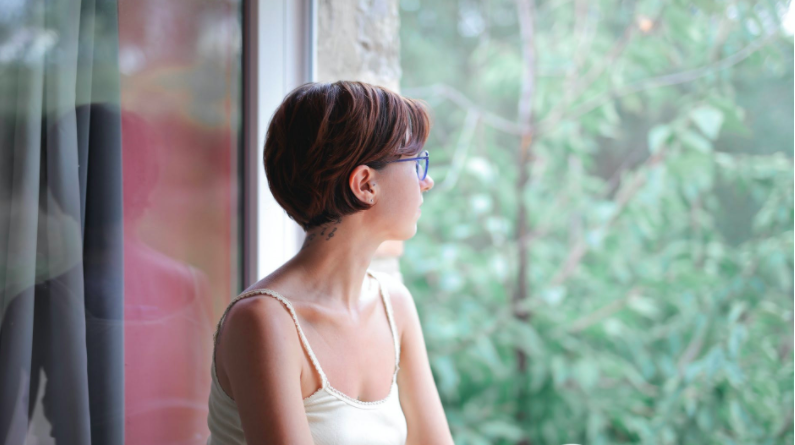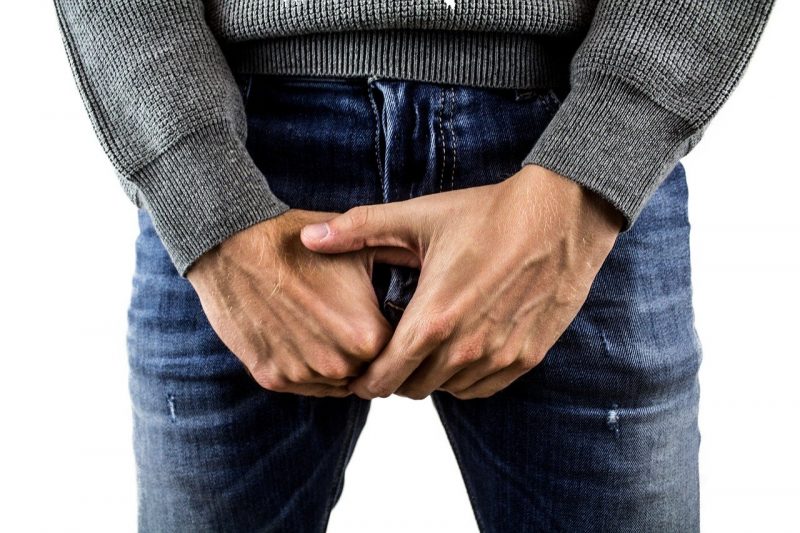Being classed as ‘vulnerable’ during the pandemic was frightening. I now feel huge gratitude for my relationships
This content was originally part of our Pandemic support series: to address the chaos and uncertainty of the COVID-19 pandemic, and to support young people with navigating this difficult time.
Although many of us may feel we’re now in a post-pandemic era, this content will still be relevant to lots of people. There are still many people who rely on communicating, building relationships and accessing support online, whether they continue to shield from COVID-19, have long Covid, or have any other chronic illness that means they have to limit in-person social contact. There are still lots of reasons why we may need some extra support right now, and no one should feel excluded from society or unable to access the support they need.
I have various health issues, one of which means I’ve been classed as ‘Clinically Extremely Vulnerable’ (CEV) during this pandemic. This has affected my life in lots of ways, and one area it’s really impacted is my relationships. Here’s how I’ve coped and kept my relationships alive during the pandemic so far.
Keep on communicating, even when times are tough
When the government first allowed support bubbles to be formed, those who needed to shield had to keep doing so. My boyfriend and I don’t live together, so, because of being classed as CEV, I was unable to see him for over four months. As a couple, we adapted. We did what we could and what we felt comfortable doing to maintain some sort of intimacy.
We played Geoguessr (I am so bad at it!) and did quizzes on various apps (Houseparty was one good example). This prompted random conversation topics that meant we learnt more about each other. I made a conscious effort to find out things about him that I didn’t know previously, and that helped strengthen our bond. We watched films over Netflix, we had food together over video chat.
It wasn’t perfect and we still argued over stupid little things – like we sometimes do in person. We adapted, though, and kept communicating. We tried to gain something positive from it.
Being classed as CEV: scary and frightening
Being someone who’s classed as ‘Clinically Extremely Vulnerable’ through this pandemic has been scary and frightening. I became scared of the wider world by the time I was allowed outside. Once I was able to see my boyfriend and his parents again (as part of my support bubble), I was really apprehensive about it, because I’d spent over four months confined to my own house and garden. It was overwhelming.
My boyfriend took it personally at first, until we discussed it and I explained it from my point of view. It wasn’t the easiest conversation, but we made it through. Whatever you need or want to do during a pandemic when it comes to your relationships is valid. Times are not easy at the moment, and it’s completely okay to feel whatever you are feeling.
Put your feelings first
You don’t owe anyone anything in terms of how you pursue your relationships: they’re on your terms with your rules.
Communicate, be open and honest and have conversations with your friends, partners, family, those in your household, and whoever else is in your life. People may hold a wide range of opinions about this pandemic, but it’s vital that you only do what you’re comfortable with. In turn, respect that other people may not be as comfortable with some things as you are.
The world may not return to normal and given everything we’ve all been through, and relationships and friendships that have survived this pandemic will probably not be what they were. For me, I now feel huge gratitude for my relationships. I can count on both hands how much I have seen my boyfriend since shielding ended but every time I see him, I am grateful and happy and do not take it for granted.
When it’s safe and I’m comfortable with it, I will meet my friends and I will appreciate every moment I spend with them. And I’ll be thankful, as I will always remember the year I did not get to see my friends and family.
Discover Fumble’s pandemic support series
The pandemic has had a huge impact on all of our lives, and we’ve all struggled to adapt to the changes that continue to happen all around us.
Our pandemic support series explores young people’s experiences of COVID-19, and helps you start to make sense of the chaotic and uncertain time we’re living in. Discover the full series here.
Other support
- 6 places to find mental health support in the pandemic
- LGBTQ+ counselling services
- Youth Access, to find local counselling for young people aged 12-25
- The Mix, get support via 1-to1 webchat, email or counselling
- NHS latest Coronavirus advice
- The government’s latest Coronavirus guidelines
- Latest shielding guidelines
- YoungMinds pandemic support
Read more
Last Reviewed 27 September 2023
Image credit: Andrea Piacquadio via Pexels




